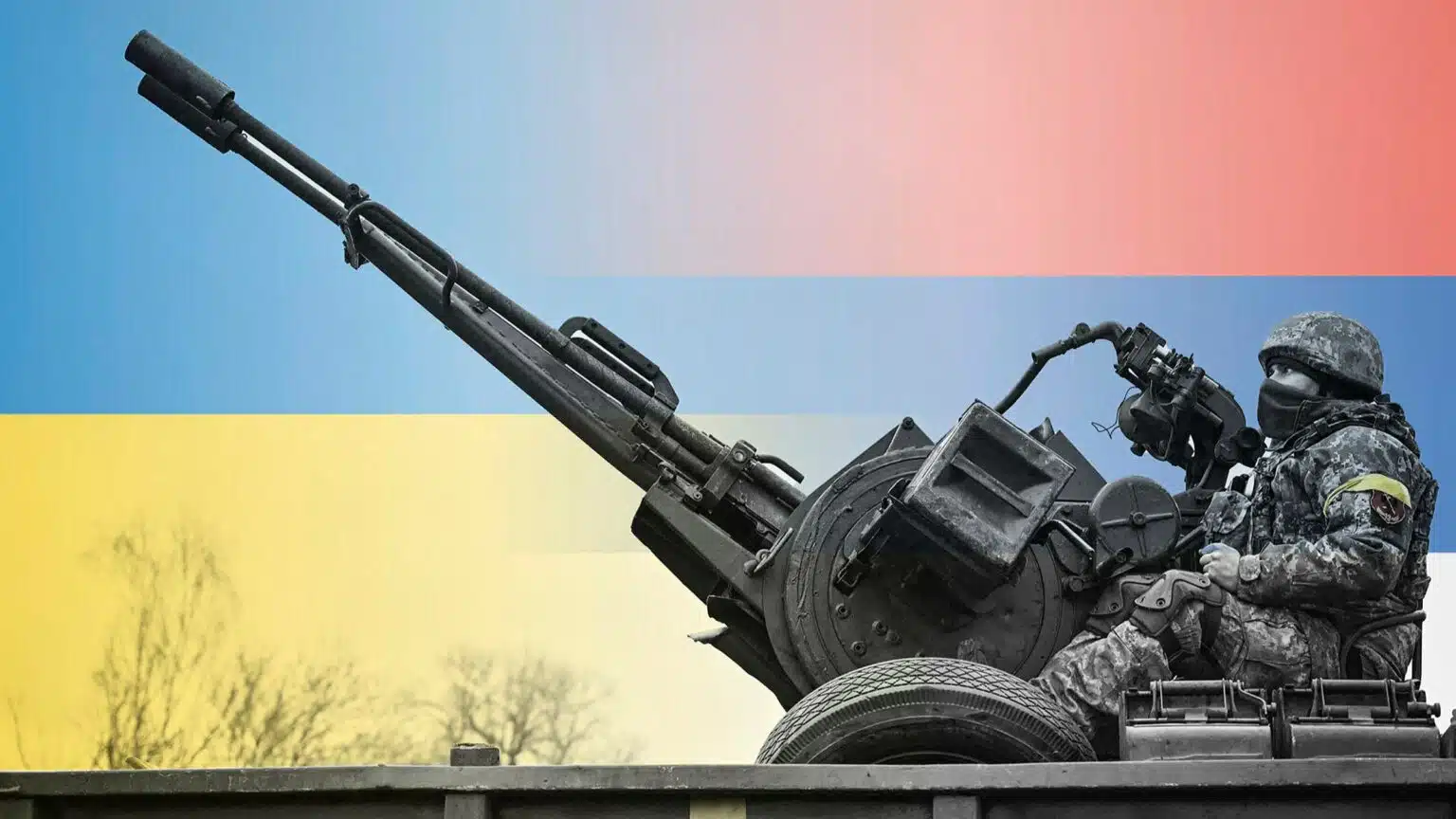Russia’s war in Ukraine looms large as the UN Human Rights Council meets Monday, with calls for unity in condemning Moscow and extending a probe into war crimes in the conflict.

Russia’s war in Ukraine
As the United Nations Human Rights Council convenes on Monday, appeals for unanimity in denouncing Moscow and extending an investigation into war crimes committed during the conflict weigh big over Russia’s war in Ukraine.
Days after the UN General Assembly in New York passed a resolution calling for Russia to leave Ukraine immediately, the war in Moscow is anticipated to monopolise the opening of the major annual session of the UN body that oversees human rights in Geneva.
At a gathering on Friday commemorating the first anniversary of Russia’s extensive invasion, British ambassador Simon Manley stated, “We’re seeking for this session to indicate, as the General Assembly of the United Nations showed… that the world holds side-by-side with Ukraine.”
Volker Turk, the new UN rights chief, will serve as chair for the first time at the meeting, which will run a record-breaking six weeks.

During the four-day high-level section, approximately 150 ministers and the heads of state and administration will speak, either in person or digitally. UN Secretary-General Antonio Guterres will also address the assembly on the first day.
The senior diplomats from the United States, China, Ukraine, and Iran will be included.
Sergei Ryabkov, Moscow’s deputy foreign minister, will address the cabinet in person on Thursday.
Despite requests from NGOs, analysts said it was doubtful that there would be a protest like the one that many ambassadors took part in when Sergei Lavrov’s film was shown in the council the year prior.
Nonetheless, a number of diplomats recommended that other steps may be done to express their opposition.
Yevheniia Filipenko, the Ukrainian ambassador. “We believe that Russia does not deserve to sit in the room.” “We will respond appropriately.”
There are many more urgent issues relating to human rights that the council needs to address; among the countries on the agenda are Iran, Afghanistan, Myanmar, Syria, and Israel.

Concern was particularly expressed by diplomats and human rights advocates regarding attempts to obstruct the council’s investigation into Ethiopia.
The two-year Tigray war’s transgressions may have amounted to crimes against humanity, according to a team of investigators chosen by the council, but the Ethiopian government disagrees.
As a result of a peace accord negotiated last year, Addis Abeba is now attempting to prematurely end the team’s mission.
Asserting that there is still a pressing need for an investigation and punishment for the crimes committed, diplomats and rights organizations caution that prematurely concluding the investigation would set a risky precedent for future probes requested by the council.
US ambassador Michele Taylor stated, “We deplore the precedent that it would set and we do not think that it is beneficial for their current process.”
A move like that “would signal an appalling violation of the hundreds of thousands of survivors in Ethiopia,” Amnesty International president Agnes Callamard warned.

The debate, which is scheduled to end on April 4, will see votes on that and other measures in its last days.
The extension of a high-level probe into offenses perpetrated in Ukraine since Russia’s full scale invasion will be one of the important resolutions.
The so-called Committee of Investigation is expected to deliver a thorough report to the cabinet in late March after concluding that Russia is engaged in war crimes in Ukraine on a “large scale.”
According to ambassador Filipenko, the panel must “continue its crucial job, which is of utmost importance for the values of accountability and justice.”
She asserted that her nation was fighting for the commission’s mandate to be strengthened as well as expanded in order to take into account the “many events” that had occurred over the previous year.
Nevertheless, there are worries that making the statement any stronger would cost it votes from the 47-member council, weakening the impression that the council is united in its condemnation of Russia’s actions.
Only Russia and Eritrea voted against the commission’s creation last year, and 13 nations did not participate in the vote.













